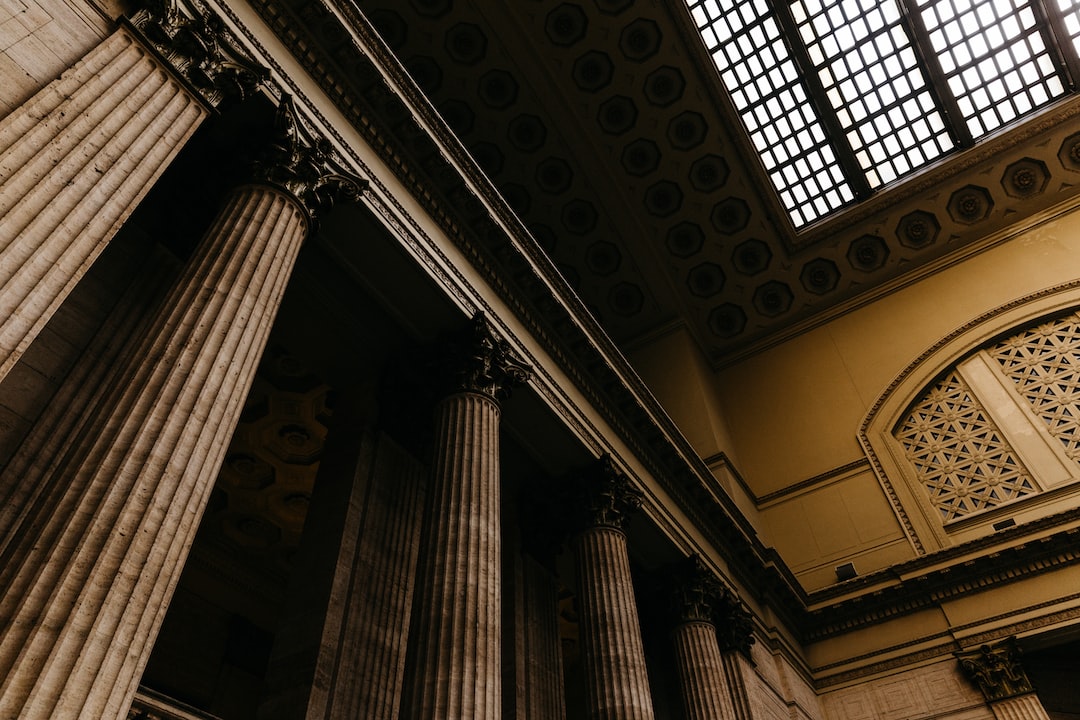
The Influence of Social Media on Defamation Laws
Share0The Influence of Social Media on Defamation Laws
In the digital age, social media has revolutionized the way we communicate with one another. Platforms like Facebook, Twitter, and Instagram have provided us with the ability to connect, share ideas, and express ourselves like never before. However, this newfound freedom of expression has also led to a significant increase in cases of online defamation. As a result, defamation laws have had to adapt to this new reality, and the influence of social media on these laws cannot be ignored.
Defamation refers to the act of making false statements that harm the reputation of an individual or organization. Traditionally, defamation laws were primarily concerned with print media, television, and radio, where information was disseminated by a limited number of media outlets. However, with the rise of social media, anyone with an internet connection can become a publisher, making it easier for defamatory statements to spread rapidly and reach a much broader audience.
One of the key challenges social media poses to defamation laws is the sheer speed at which information can be shared. In the past, a defamatory statement would typically make its way through a few channels before reaching a wider audience. Today, a single post on social media can go viral within minutes or even seconds, making it much more difficult to stop the spread of defamatory content and protect the reputation of the affected party.
Another challenge is the anonymity that social media platforms afford users. Unlike traditional media outlets, individuals posting on social media can easily hide behind pseudonyms or create anonymous accounts, making it harder to hold them accountable for their defamatory statements. This anonymity gives rise to a culture of online bullying and harassment, as individuals feel liberated to say anything without fear of repercussion.
Furthermore, the nature of social media itself poses challenges for defamation laws. Platforms like Twitter and Instagram constrain users to limited characters or short captions, which can increase the likelihood of misinterpretation or misleading statements. Unlike traditional media outlets, where articles or reports are usually reviewed by editors and fact-checkers, social media lacks these gatekeepers, potentially leading to a higher number of false or defamatory statements.
Given these challenges, lawmakers are struggling to find the right balance between protecting free speech and ensuring individuals and organizations are not unfairly harmed by defamatory statements. In many legal systems, individuals who have been defamed on social media have resorted to filing lawsuits against the individuals responsible for spreading false information. However, pursuing legal action can be costly, time-consuming, and oftentimes ineffective in preventing the spread of defamatory content.
To address these challenges, some jurisdictions have introduced legislation specifically aimed at combating online defamation. For example, some countries have enacted laws that hold social media platforms liable for defamatory content posted on their platforms. This approach aims to place responsibility on the platforms to prevent the spread of false information and encourages them to take proactive measures to regulate content on their platforms.
Additionally, social media platforms themselves have implemented policies and procedures to combat defamation on their platforms. They have introduced reporting mechanisms to allow users to flag posts and content that they believe to be defamatory. Platforms also have internal teams that review reported content and take action, such as removing the content or suspending the user’s account if necessary.
However, these measures are not without their limitations. Due to the sheer volume of content being posted on social media platforms, it is impossible for every defamatory statement to be flagged and reviewed in a timely manner. Furthermore, the interpretation of what constitutes defamation can be subjective, leading to inconsistencies in how platforms enforce their policies.
In conclusion, the influence of social media on defamation laws cannot be understated. The rise of online communication has presented unique challenges that lawmakers and legal systems are still grappling with. Striking a balance between protecting free speech and preventing the spread of false information is a complex task that requires ongoing discussion and adaptation. As social media continues to evolve, it is imperative that defamation laws evolve with it to ensure that individuals and organizations are protected from the potential harm caused by defamatory statements online.
